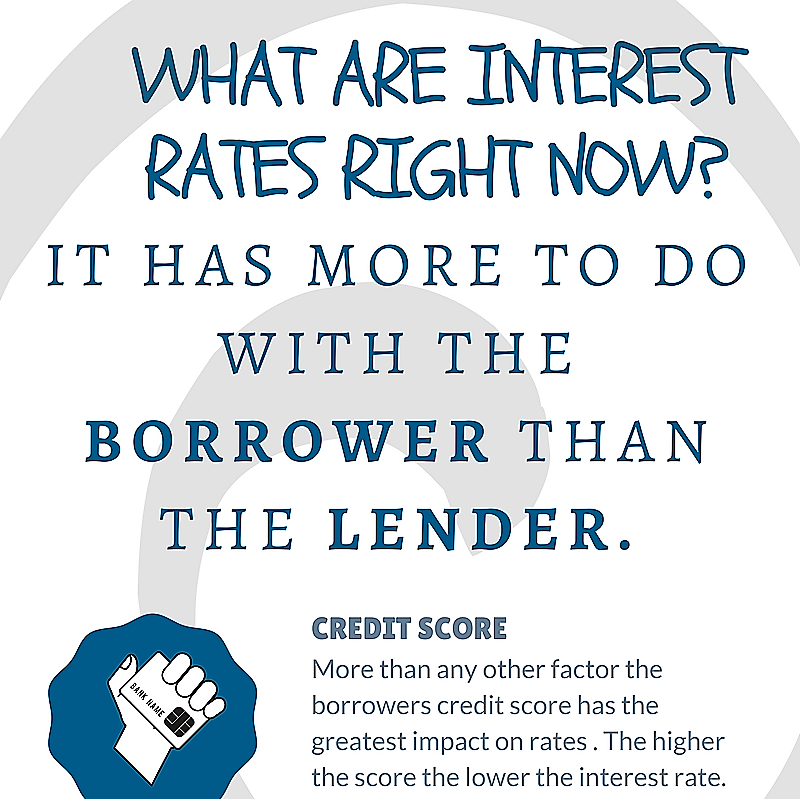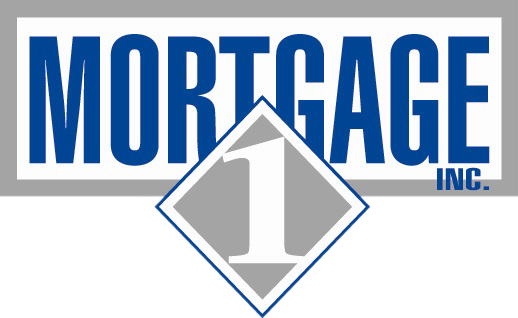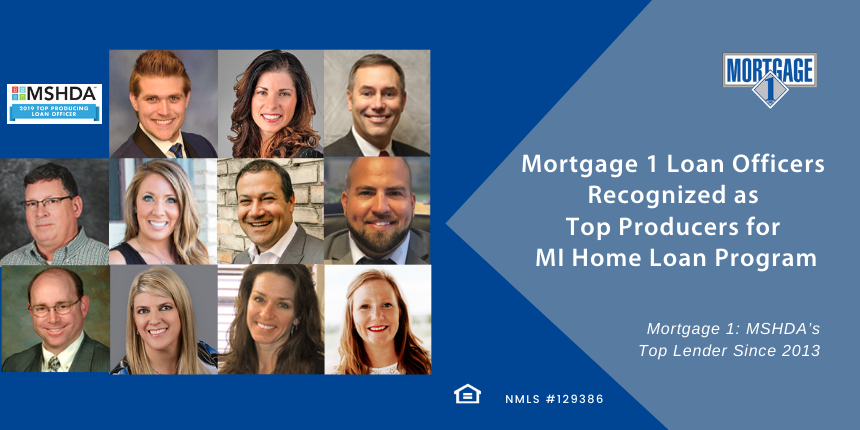
10 Steps toward a smooth mortgage transaction.
February 14, 2017
What are Interest Rates Right Now?
March 2, 2017Many first time home buyers are surprised that they need more than just “down payment money” to buy a home.
Government regulations have created many costs associated with getting a Mortgage. We wanted to share a short description of what some closing costs include. This list below only covers what is normally associated with mortgages in the states Mortgage 1 conducts business including; Michigan, Ohio, Florida, and Texas.
- Title Costs Can be paid by either party in the transaction, this is typically for title search and title Insurance but can include other services as well. The title search it to validate ownership of the property and the title insurance is to cover any possible title-related problems down the road. There can be both an Owner Policy and Lender Policy.
- Recording Cost, are charged by a governmental entity for recording the deed transaction and the change of ownership of the property.
- Appraisal Fees, historically paid by the buyer, charged by a state licensed professional Appraiser. The Appraiser will search for similar homes in the area to try and validate the fair market value of the property.
- Document Fee or Transaction Stamps or Taxes, It can cover the costs charged by governmental entities, and shipping costs.
- Survey Fee is paid to a 3rd party to evaluate the lot and all structures. The report will confirm lot size, dimensions and check for encroachments. (Not always required)
- Real Estate Sales Brokerage Commission, almost always paid for by the seller to a Real Estate Broker to cover the costs of marketing the property. They are agreed to by the seller in the sales agreement. This is frequently the largest closing costs.
- Mortgage Application Fee, buyer paid to the lender, for the costs of processing their mortgage. Typically the buyer would pay the lender the application directly prior to closing or at closing. Many times this is paid at the application or at the time the appraisal is ordered
- Discount Points paid by the buyer but could be reimbursed by the seller, if agreed to in the sales contract. Points are like pre-paid interest charged by the lender instead of charging a higher rate of interest. One point equals one percent of the loan principal and can reduce the interest rate.
- Inspection Fees, paid to a licensed inspector to evaluate the condition of the home and some lenders require inspections (such as infestation inspection) to verify that the property is in good condition. Final inspections for required repairs to meet minimum property standards.
- Home Warranties, available on resale homes ensuring major household systems against repair or replacement for the buyer’s first year of ownership. Verify with your real estate professional for options.
- (PMI ) Private Mortgage Insurance, Mortgage lenders will typically require PMI if there is less than 20% down on a new mortgage. If the buyer has not already paid the insurance company directly, this would become another closing cost payable at closing. Options include Lender Paid, Monthly Paid, Up front, Split and financed MI. Other types of loans also have Mortgage Insurance including all FHA mortgages. VA loan has a similar type of fee called a funding fee and RD loans have a Guarantee fee.
- Pre-paid Homeowner’s Property Insurance, paid to protect the home against fire, earthquake, flood (normally a separate policy from other hazard insurance), theft, and other casualties
- (Texas) Lawyer Fees, paid by either party, Attorney fees are for the preparation and recording of mortgage-related documents. The principals may each be represented by their own attorney.
- Application fees can include; Credit Report, Verifications cost to validate borrower deposit and employment. Flood cert fee to validate that the property in not located in a flood zone and more.
- Processing and Underwriting Fees includes all the fees associated with processing and underwriting the loan file.
- Loans specific fees, depending on the type of loan there can be costs associated with providing that type of loan.
Prorated Property taxes Interest & Homeowners dues.
- Property taxes, most jurisdictions assess taxes that are usually payable at a specified date annually. It is very unusual for real estate transactions close on that date. Most transactions will include an adjustment to assure that both the seller and the buyer, end up paying their share of the annual property tax.
- Homeowner Association Dues, Same as the taxes above unless the closing date matches when the homeownership dues are due. Both the seller and buyer will be required to pay for their portion of the yearly.
- Interest The monthly mortgage payment is payable on a specified day of each month. If the closing does not fall on that specified date, then an adjustment must be made to calculate the interest on the loan for the number of extra days until the first payment is due.
- Some loans require an Escrow account to be set up and funded for the payment of future taxes and insurance.
This is just a sample of some of the costs that may appear on a typical loan file. You should receive all of the closing disclosure 3 days prior to closing, for review. If you ever have any questions please feel free to contact us at info@mortgaeone.com or 586-799-0000 Ready to get started? Try our digital Mortgage called Mortgage in a SNAP
For more information Check out the CFPB Home Loan toolkit
What is included in closing costs?





